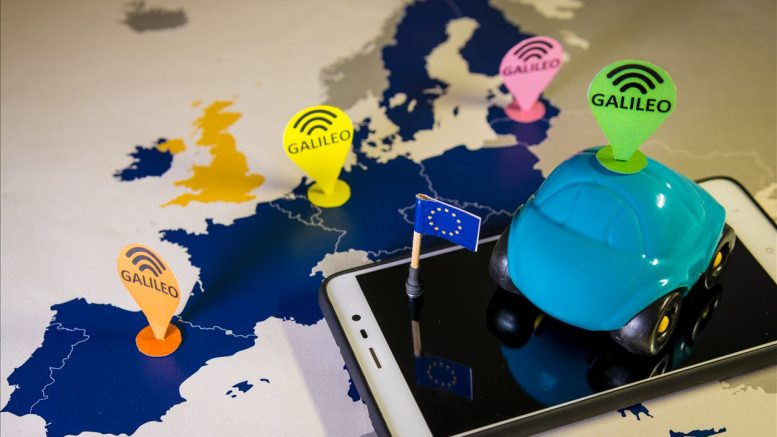More than 10 per cent of the European Union’s GDP is already dependent on space-related services and major investments by the EU have enabled progress that no member state could have achieved on its own. The EU has decided it’s time to take another small step for mankind, reports James Fitzgerald.
A new space programme has blasted off from Brussels HQ. The European Commission has proposed bringing all existing and new space activities under the umbrella of a single framework, with €16 billion allocated to further enhance the EU’s position in space-related endeavours.
Space technology and data services now underpin daily life across the continent and the EU has set out its strategic interests under the new regulation which lays down rules common to all components of the programme, including Galileo, EGNOS, Copernicus and the Space Surveillance and Tracking (SST) system.
The change will be instigated under the next long-term budget, running from 2021 to 2027, and follows a European Parliament resolution on September 12, 2017.
Maros Sefcovic, vice-president of the Commission, said: “EU investment in space has already delivered world-class results to the benefit of European citizens and businesses. Over 10 per cent of the EU’s GDP is already dependent on space-related services and major investments by the EU have enabled progress that no member state could have achieved on its own. But we need to up our game. Space data can help our industries lead on the Internet of Things and automated driving, and help us more accurately monitor greenhouse gas emissions to make our climate action more effective than ever before.”
‘Our roadmap is clear: maintain and upgrade the existing infrastructure for Galileo and Copernicus, increase the use of space data, foster a European ‘NewSpace’ of innovative start-ups, and increase the security of Europeans.’ Elzbieta Bieńkowska
The change in legal framework at the European Space Agency may also prevent non-EU members of the body from obstructing its programmes. As the United Kingdom will continue to be an ESA member after Brexit, it has threatened to use its veto to delay procurement of satellites in an attempt to gain leverage with Brussels on gaining access to the encrypted service offered by Galileo, alongside its open facilities.
Currently only EU member states can access the sensitive Public Regulated Service (PRS), which has government and military applications. This rule has been in place since the creation of the Galileo and PRS programmes, and was originally backed by the UK, which is now seeking a waiver. A demand by Brussels that work carried out by British companies on the PRS signal be transferred to EU states after Brexit has been a sticking point in Article 50 negotiations.
The UK Space Agency said that “negotiations should not be pre-empted or prejudged by actions that restrict UK participation”.
“Future UK participation in Galileo should be agreed as part of the future security partnership between the UK and the EU. The UK and EU must work through issues relating to access to security-related elements of the programme in the framework of negotiations on the security partnership,” it stated.
Elzbieta Bieńkowska, EU commissioner for the internal market, industry, entrepreneurship and SMEs, said: “Space matters for Europe. The value of EU space activities for our society, our economy and our security is remarkable. Our roadmap is clear: maintain and upgrade the existing infrastructure for Galileo and Copernicus, increase the use of space data, foster a European ‘NewSpace’ of innovative start-ups, and increase the security of Europeans.”
Jan Worner, ESA’s director general, said in his blog: “There is no need to develop a new Space Agency in parallel in Europe, the ramp-up of which would take decades and cost billions and would therefore in itself be a major risk to the programmes it manages. We need to streamline, not double administrative layers.”
The EU proposal makes clear that it is not creating a new space agency. And that the governance proposed on the new regulation is merely creating synergies of what already exists – “The European Global Navigation Satellite Systems Agency, to be renamed the ‘EU Agency for the Space Programme’, will increasingly support the exploitation and market uptake of EU space activities and play an increased role in ensuring the security of all the components of the programme.”
ESA last week went ahead with the procurement of several new satellites after Brussels agreed to assume all liabilities that ESA would normally incur by taking on the contract. This will further hinder British companies’ chances of securing new contracts.

Headline Image Credit: Ivan Marc/shutterstock.com




